Benefits of Networking Among Healthcare Providers
Efficient healthcare management extends beyond technology and clinical expertise—it thrives on meaningful professional relationships. At DHR Solutions, we understand the transformative impact of networking among healthcare providers. By cultivating strong, collaborative connections, you can enhance patient care, expand your practice’s reach, and drive long-term growth.
The Backbone of a Strong Referral Network
In healthcare, referrals are critical to connecting patients with the right specialists and services. A well-developed referral network ensures continuity of care while addressing patient needs your practice may not be equipped to handle. Networking allows you to build relationships with trusted providers, enabling seamless communication and patient transitions. By creating an active referral pipeline, you not only expand your practice’s capabilities but also strengthen your reputation within the healthcare community.
Collaboration for Comprehensive Care
Healthcare is inherently collaborative. Patients often require multidisciplinary care involving various specialties, labs, and diagnostic centers. Networking with other providers ensures you can coordinate care effectively, share insights, and develop holistic treatment plans. These partnerships enable your practice to deliver comprehensive, high-quality care, improving patient outcomes and satisfaction.
Opportunities for Professional Growth
Networking fosters a culture of continuous learning and shared expertise. Through conferences, webinars, and professional gatherings, providers can stay informed about industry advancements, regulatory updates, and emerging trends. Peer-to-peer knowledge exchange provides invaluable insights that can help you refine your practice’s processes, adopt innovative treatments, and better serve your patients.
Enhancing Operational Efficiency
Strong professional relationships can lead to operational benefits that go beyond clinical care. Networking allows you to collaborate on shared resources, negotiate group discounts, or explore joint ventures. For example, partnering with other providers can streamline training efforts, implement shared technology platforms, or reduce administrative overhead, enabling your practice to operate more efficiently.
Building Patient Trust Through Connected Care
Patients value seamless and coordinated care. Networking ensures that your practice is part of a robust system where referrals, treatments, and follow-ups are managed smoothly. This not only enhances the patient experience but also builds trust and confidence in your ability to provide comprehensive and reliable care.







